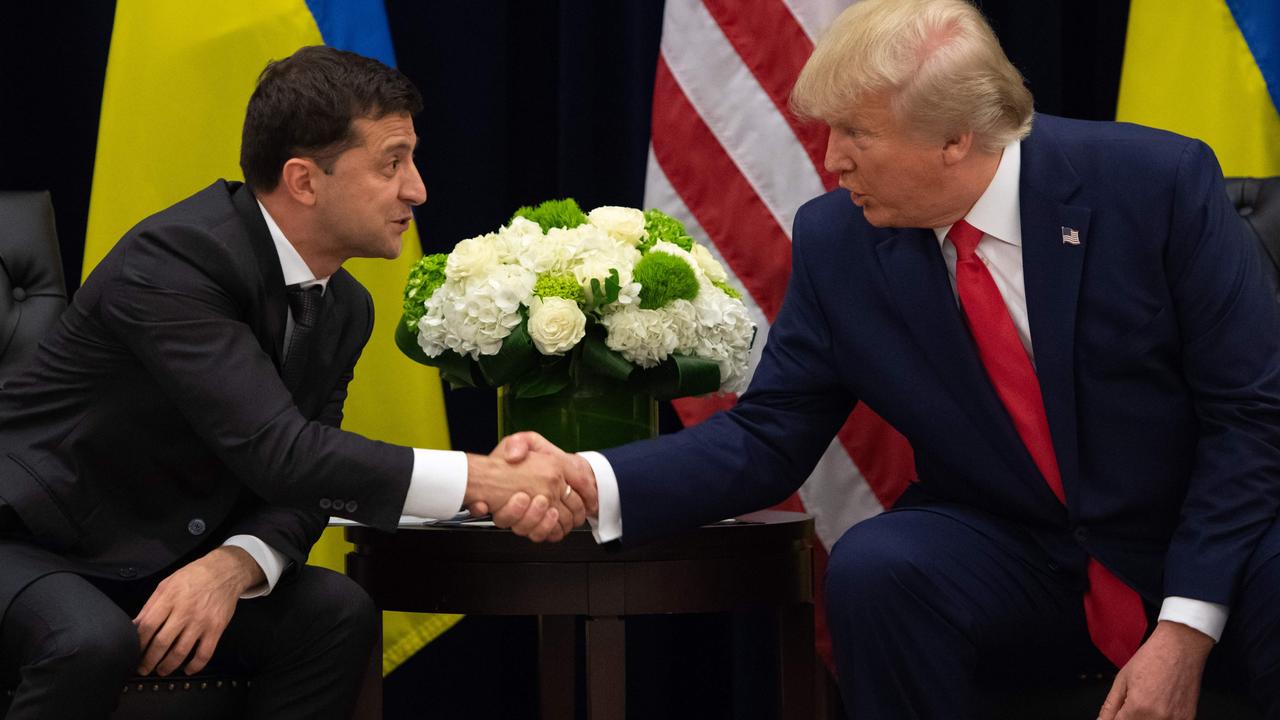Royals’ intervention in US election is ill-judged
Even if there was a George III-shaped hole in Prince Harry’s learning, he has seen Hamilton and should know better.
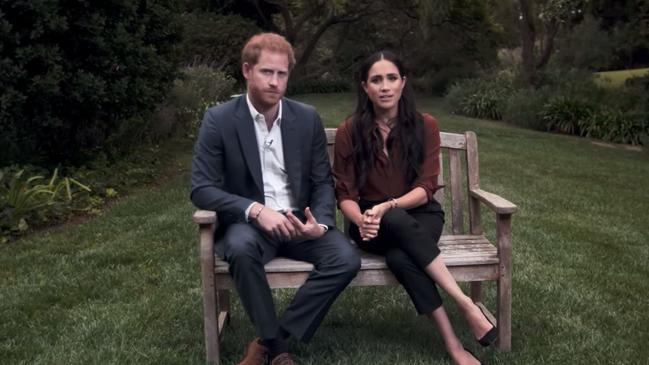
I don’t know if they teach much American history at Eton. Perhaps when you’ve got the third in line to the throne in your class, it’s too awkward a subject to broach. “Now boys, anyone’s ancestor here lose the American colonies? Windsor?”
But somewhere in his expensive education the Duke of Sussex presumably heard about 1776 and all that. And even if there is some George III-shaped hole in his historical learning, he and his wife are fully paid-up members of the theatrical community. They have seen the musical Hamilton, with its extravagantly robed Jonathan Groff as Harry’s antecedent telling Americans to remember their loyal place. Or else.
“You’ll be back.
Soon you’ll see.
You’ll remember you belong to me.”
All of which makes it curious that the Duke and Duchess would think it a terrific idea to tell Americans this week what to think about the impending presidential election.
True, the Duke didn’t threaten to send a fully armed battalion to remind Americans of his love, but his intervention, delivered from one of his palaces in Los Angeles, the imperial city of US royalty, may seem, even to loyal subjects, similarly ill-judged. A would-be monarch accompanied by his spouse, unable to vote in his own country, instructing Americans to register and vote to “reject hate speech” might have unintended consequences – the modern-day equivalent of tea in Boston harbour, perhaps.
The presumed object of the royal stricture, Donald Trump, is nobody’s George Washington, but he still managed to invoke the fate of some earlier royals with a barbed response.
“I wish a lot of luck to Harry because he’s going to need it,” he told a press conference at the White House after the royals’ taped contribution to a Time magazine event went viral. The President surely enjoyed the opportunity to take a rhetorical swing at the couple. Any time Americans are talking about something other than his recent record in office is good news for Mr Trump. Polls suggest he continues to be given low marks for his handling of Covid. That more than anything else explains why he still trails Joe Biden with less than six weeks to go before polling day.
That larger electoral reality was in view this week as the nation was consumed by something even more consequential than Harry and Meghan’s intervention. The death of Ruth Bader Ginsburg and the struggle to fill her place on the Supreme Court has changed the context of the presidential election in a dramatic way.
Justice Ginsburg, only the second woman appointed to the court, was a reliable progressive vote. She was a passionate exponent of shaping the way Americans live not by legislation from politicians but by judgments from the bench. By interpreting the US constitution, she and like-minded judges created rights, privileges and duties that are virtually immune to the shifting tides of electoral politics.
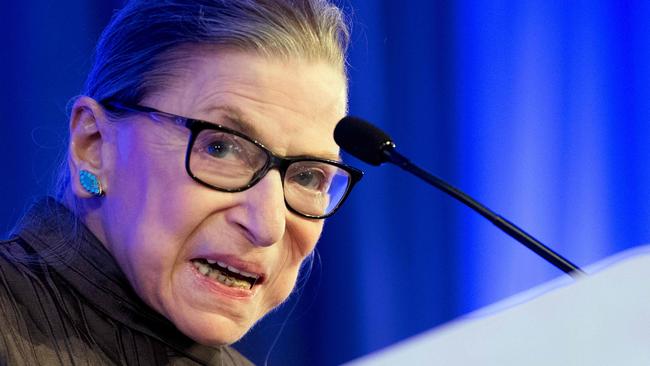
This is anathema to conservatives, who believe the rules by which we live, on everything from abortion and gay and transgender rights, to the appropriate levels of business regulation – in fact, everything not explicitly laid down in the constitution – should be for voters and legislators to decide, not judges.
With Justice Ginsburg’s death, Mr Trump has a unique opportunity to remake the court and, with it, much of American law, for a generation. If his nominee is confirmed by the Senate, it would give conservatives on the court a 6-3 majority. That would render the court’s balance immune to significant change should the Democrats win the White House and the Senate this year – or for that matter in any election year for decades.
Unsurprisingly, Democrats are alarmed. They spent the first few days after Ms Ginsburg’s death rejecting the notion that the president even had a right to have a new justice confirmed, given that we are so close to the election. Filling the vacancy should await the outcome of the vote, they said.
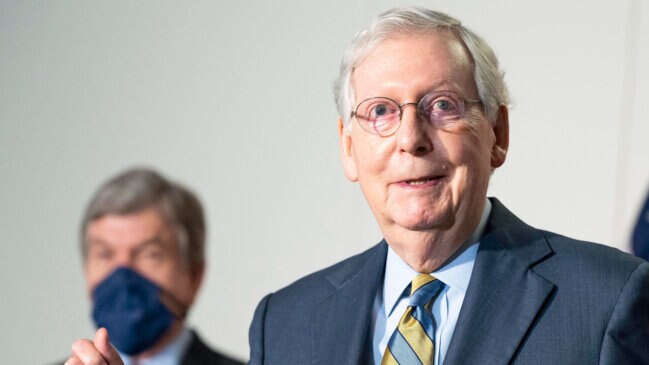
But precedent and, more importantly, the raw power of a working majority in the Senate, are on the Republicans’ side. This weekend Mr Trump will go ahead and nominate an iron-clad conservative. The Republicans’ aim is to have her (and it will assuredly be a woman) approved and in place by election day, November 3.
If Democrats fail in their efforts to thwart her, they are threatening an explosive remedy. If Mr Biden wins the White House and his party takes the Senate, they say, he should simply nominate more judges to the court (there is no constitutional limit) to restore a liberal majority.
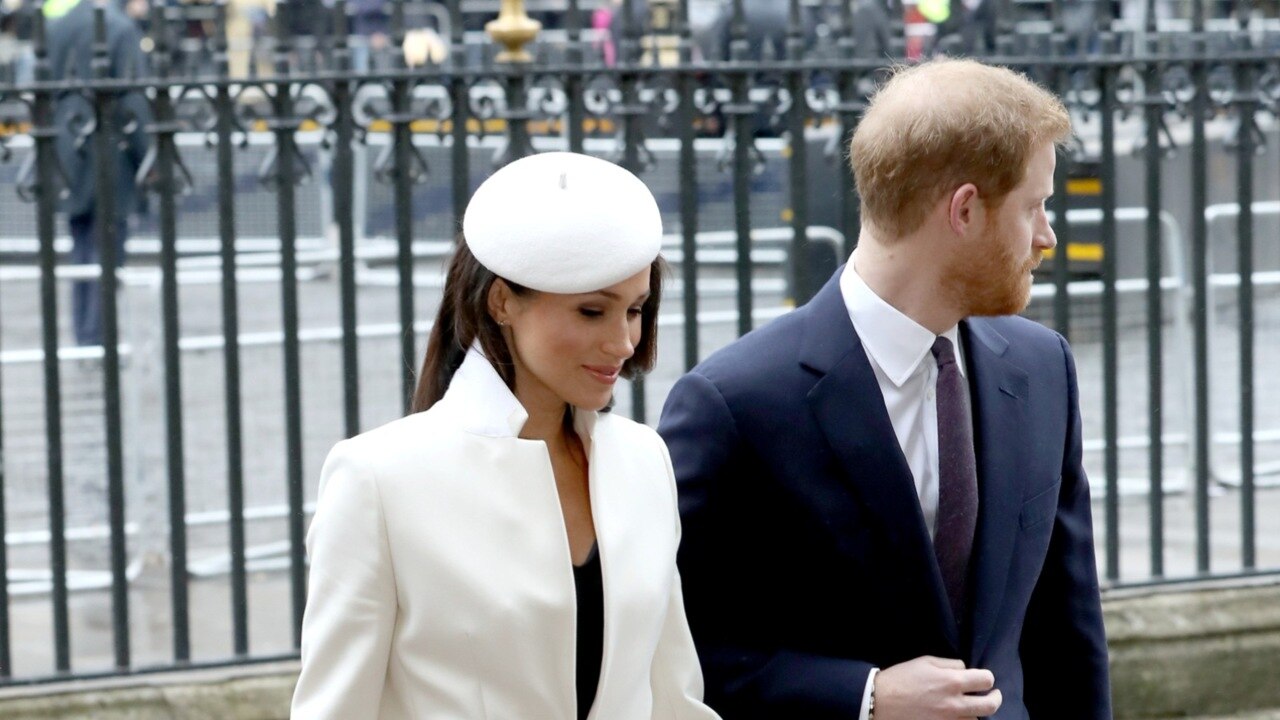
This would be a revolutionary move, raising the possibility that future presidents might simply keep adding to the court until hearings have to be held in a stadium and decisions turn on a 20-19 majority. Mr Biden has been careful to avoid saying he will take this step.
This is all helpful to a president seeking to bolster his case for re-election. Not only does it distract from Covid but, by framing the election as a genuine political choice, it de-emphasises the character issue on which he is so evidently deficient. As long as the election was seen as a referendum on Mr Trump, he was likely to struggle. But if it is seen more as an ideological crossroads, conservatives may swallow their reservations and pick the man’s court over the man’s character.
They’re not electing a king, after all.
The Times


